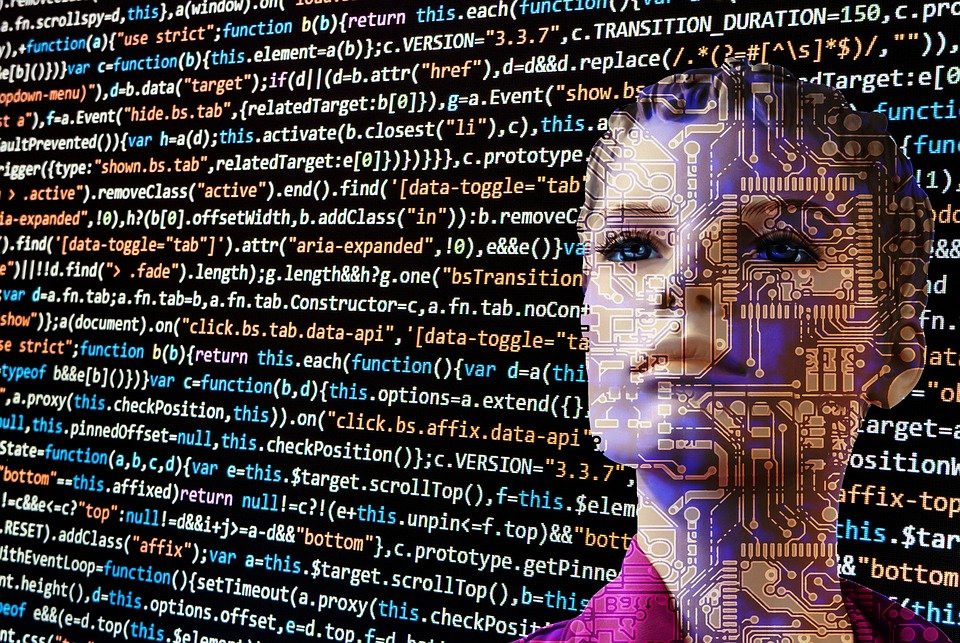The Power of Electron Collision: How It Shapes our Understanding of the Universe
Introduction
Electron collision plays a crucial role in shaping our understanding of the universe. This phenomenon, occurring at both macroscopic and microscopic scales, provides valuable insights into the fundamental workings of matter and the universe as a whole. In this article, we will explore the power of electron collision and how it has revolutionized various fields of scientific research.
Understanding Electron Collision
Electron collision refers to the interaction between electrons, either with other electrons or with atomic nuclei. These collisions occur due to the electromagnetic forces that govern the behavior of charged particles. The outcome of these collisions can have profound impacts on the physical properties and behavior of the particles involved.
Electron collision occurs in a wide range of contexts, from the interactions within atoms and molecules to the high-energy collisions in powerful particle accelerators. These collisions provide scientists with a wealth of information about the nature of matter and the laws that govern the universe.
Applications in Particle Physics
One of the most significant applications of electron collision is in the field of particle physics. Particle colliders, such as the Large Hadron Collider (LHC), accelerate electrons (and their antimatter counterparts, positrons) to incredibly high energies before colliding them head-on. These collisions release enormous amounts of energy, allowing scientists to probe the fundamental building blocks of matter and study the forces that govern their interactions.
By studying the products of these collisions, scientists can discover new particles, explore the properties of known particles, and test various theoretical models. For example, the discovery of the Higgs boson at the LHC in 2012 was a significant milestone in particle physics, shedding light on the mechanism by which particles acquire mass.
Impact on Astrophysics
Electron collision also plays a crucial role in astrophysics, where it helps scientists understand the behavior of matter in extreme environments such as stars and galaxies. In these environments, electrons collide with other particles, leading to the emission of various forms of electromagnetic radiation, including visible light, X-rays, and gamma rays.
By studying the patterns and characteristics of this emitted radiation, astrophysicists can gain insights into the composition, temperature, and dynamics of celestial objects. This allows them to unravel the mysteries of stellar evolution, the formation of galaxies, and even the nature of dark matter, which cannot be directly observed but can be indirectly studied through its gravitational effects.
Electron Collision in Chemistry
Electron collision is not only relevant to the realm of physics but also plays a vital role in the field of chemistry. In chemical reactions, electrons are exchanged between atoms, leading to the formation and breaking of chemical bonds. Understanding the dynamics of electron collision allows chemists to predict and control the outcome of these reactions.
In recent years, advances in technology have enabled scientists to study electron collision in real-time, providing unprecedented insights into the intricacies of chemical reactions. This knowledge has led to the development of new materials, improved drug design, and enhanced understanding of biological processes.
FAQs
Q: How do scientists study electron collisions?
A: Scientists study electron collisions through various experimental techniques. In particle physics, large-scale colliders, such as the LHC, accelerate electrons to high energies and collide them to observe the resulting particle interactions. In astrophysics, observations of emitted radiation from celestial objects provide information about electron collisions. In chemistry, advanced spectroscopic techniques allow researchers to observe and analyze electron collision dynamics during chemical reactions.
Q: What are the potential applications of understanding electron collision?
A: Understanding electron collision has numerous potential applications across various scientific disciplines. In particle physics, it can lead to the discovery of new particles and the validation of theoretical models. In astrophysics, it helps unravel the mysteries of the universe’s evolution and the behavior of celestial objects. In chemistry, it aids in predicting and controlling chemical reactions, leading to advancements in material science and drug design.
Q: How does electron collision contribute to our understanding of the universe?
A: Electron collision provides valuable insights into the fundamental properties of matter, the forces governing its behavior, and the evolution of the universe. It allows scientists to study the building blocks of matter, explore the behavior of matter in extreme environments, and understand the intricate processes behind chemical reactions. By studying electron collision, we can piece together a more comprehensive understanding of the universe and its underlying laws.
Conclusion
The power of electron collision cannot be overstated. From particle physics to astrophysics and chemistry, this phenomenon has revolutionized our understanding of the universe. By studying electron collisions, scientists have made groundbreaking discoveries, developed new technologies, and gained insights into the nature of matter and the forces that shape our world. As our understanding of electron collision continues to advance, so too will our knowledge of the universe and our ability to unlock its deepest secrets.

